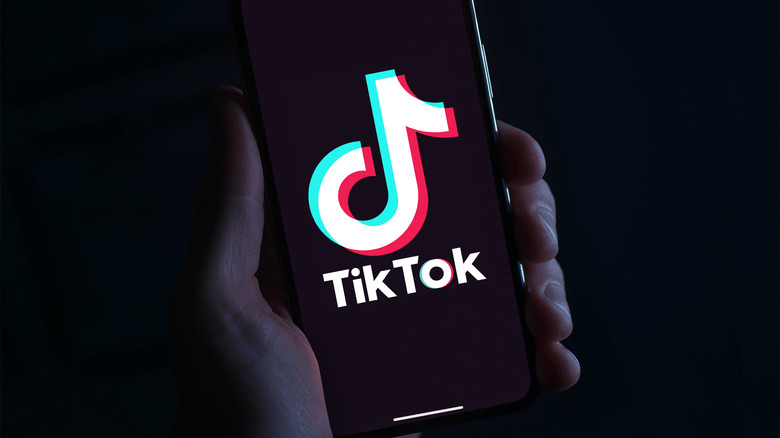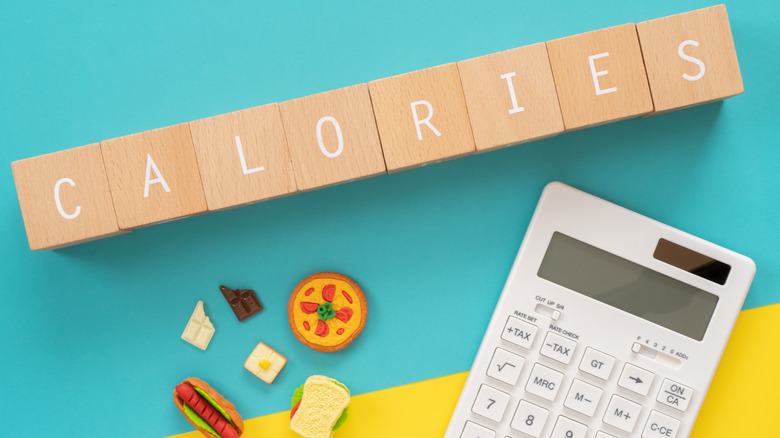Why TikTok Took A Big Step To Stop Food Misinformation
This article contains mentions of disordered eating and eating disorders.
TikTok has updated its policy guidelines on disordered eating in order to combat the spread of food and nutrition misinformation on its site. The move was prompted by consultations with experts, who cited the dangerous precedent being set by the frequent video postings of influencers promoting disordered eating, per NPR. TikTok will now remove content that touts the misguided weight loss approach.
According to the National Eating Disorders Collaboration, disordered eating can include risky behaviors such as fasting, binge eating, and skipping meals, and someone who engages in disordered eating is at a heightened risk of developing an eating disorder. TikTok had already been expunging videos that promoted eating disorders.
The Houston Chronicle has documented 10 viral TikTok food and nutrition trends that either peddle misinformation or promote disordered eating, one of which included "What I Eat in a Day" videos. In these videos, TikTok users deprive themselves of food and consume perilously low amounts of calories in public displays that impressionable young people might mistakenly believe are safe for them to emulate. Additionally, The Wall Street Journal published an exposé about how TikTok's algorithm contributes to filling teens' feeds with hazardous weight loss challenge videos.
Stopping misinformation on disordered eating is paramount since intentional undereating can ultimately lead to a number of negative health effects encompassing a weakened immune system, malnutrition, developmental problems, chronic fatigue, and more, per Medical News Today.
Promoting an unhealthy approach to eating
According to one teen writing on Medium.com about her TikTok experience interacting with disordered eating videos, the misinformation problem on the platform has been exacerbated because it is especially popular with her demographic, who are more likely to believe fake news and false claims and act upon the wrong information they receive. It can also trigger psychological issues with body image and body shaming at a very sensitive age.
Sirona Therapy, a New York-based facility that treats eating disorders, maintains that calorie-counting videos that celebrate disordered eating like the ones TikTok has taken efforts to stop "encourage people to lose unhealthy amounts of weight through advice and challenges." The influencers who post these videos often present themselves as authorities on various health and wellness trends or fad dieting when they typically possess no professional expertise or advanced knowledge on the subjects.
While some wellness trends such as intermittent fasting can be practiced in a safe way, anyone considering these or other weight loss methods should first consult the advice of dieticians and nutrition experts. HealthDigest points out that while showing promise, more scientific research still needs to be conducted on the potential benefits of intermittent fasting in humans.
If you are struggling with an eating disorder, or know someone who is, help is available. Visit the National Eating Disorders Association website or contact NEDA's Live Helpline at 1-800-931-2237. You can also receive 24/7 Crisis Support via text (send NEDA to 741-741).

